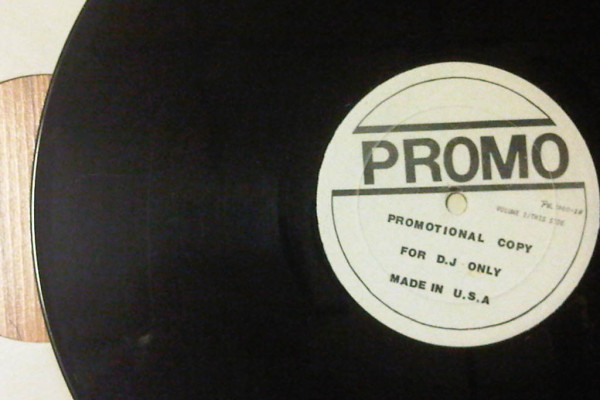In our series of “Don’t be that guy” we introduce you to a special kind of idiot today: The Promowhore.
Let’s pull up some made-up scenario:
In some parallel universe a producer (let’s call him DJ Audiofrequencybasscontrollerz) produces a new track, after days and weeks of work the thing is almost ready for release. DJ Audiofrequencybasscontrollerz is of course quite curious about what people will think of his track. He decides to consult his colleagues and friends. Instead of cutting out a piece or two, he sends over a full version of the track to some people, maybe even a Pre-Maser or Master. He trusts his friends and especially his fellow producers, so he does this with the best intentions – and of course to get a feedback on the full track. So he sends his track around and some colleagues wanna feature the new track in their coming up radio shows, and also DJ Audiofrequencybasscontrollerz’s friend ‘A’ checks out the track and gives feedback. “Cool track, man! Probaly one of your best so far!” A is friends with B and B knows that A regularly gets asked for feedback and asks for the Promo. “Come on! Don’t be an ass! We’re friends and you can trust me, right? After all I know Audiofrequencybasscontrollerz too! He’s just offline now. I think he’ll give it to me anyways.” A agrees and makes the stupid mistake to upload the file for his friend B. One week later Audiofrequencybasscontrollerz finally decides to send how new track to the label, but the A&R writes him back:
“I did some research. You idiot uploaded the track somewhere in full length, we can’t release this now.”
A fictive scenario. But it happens.
While the policy’s about low-quality TBA’s on YouTube slowly seem to loosen up, the issue of “promowhoring” is still a problem that makes labels and producers grind their teeth alike. And it’s a serious problem, especially for the producers. Losing a track for a release isn’t fun, it’s a economical loss for the label and the artist. A track that never gets released will never play in radio royalties, will never be featured on CDs or show up on a discography. Let’s take the fictive scenario further; If the track was supposed to be an A-side for a release, the producer might eventually think of making the old B-side the A-side and release a “weaker” track as B-Side. Fans will be pissed, some PR has to be done. In some cases leaked tracks end up as free releases, now and then a re-amp gets released under a different name, but that might just be an exception. Weeks of work eventually go to waste. But why not just release? Exclusivity, creating a hype. Sometimes the materials would end up straight on forums or shady “release” websites.
Meanwhile our fictive friend Audiofrequencybasscontrollerz is mad as fuck. “Who’s the rat?” He’s busy taking down links on filehosters due to copyright infrigment, the producer spends a day he scheduled for mix down onto harm reduction. The new release was supposed scheduled just before festival season and could have finally allowed him to quit his day job. He confronts his friend A, who admits sending the track to B. A loses quite some of Audiofrequencybasscontrollerz’ trust as a friend, but what about B? The producer asks around and apparently B used the same scheme to get promo material from some of Audiofrequencybasscontrollerz’ producer friends. B is an amateur DJ himself, he likes being important and of course he “knows it all”, he’s known to play unreleased material, collects Promos like trophies and he’s “friends with everyone”. People distance themselves from B and when B tries to get signed a year later the A&R of Audiofrequencybasscontrollerz’ label sends him a polite, but harsh letter of denial.
So let’s say you magically end up with a Promo of out friend Audiofrequencybasscontrollerz, what should you do if he asks you for feedback? Give feedback. That’s it.




 14 Jan 2015
14 Jan 2015  Posted by Alive At Night
Posted by Alive At Night










